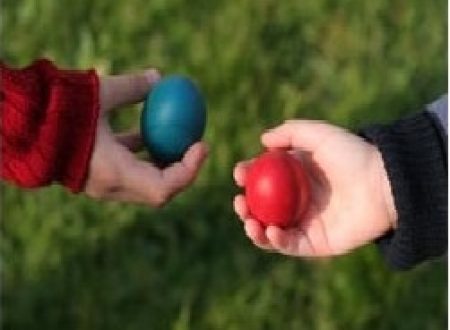Comments by Paul Kam
In the news today we hear about what was described as the government’s knee Jerk reaction in banning barter trade in Sabah to enhance security in the region.
For many of us, I’m sure you included, our eye brows were raised not over news of the ban but rather the existence of barter trade. And this RM9-12 mil a month business does exist still in the ports of Tawau and Sandakan in Sabah
This traditional or primitive trade system primarily involves the exchange of goods and services without the use of money. While there is an estimate worth for some of the goods in the market, it is usually based on an agreement between the parties who are exchanging goods. In fact, barter trading is also practised, on a smaller scale in our modern lifestyle.
One that comes quickly to mind is car pooling where we exchange services instead of paying a fee. You and your friends take turns to fetch each other to work on different days agreed upon. Sometimes we would use the term contra to describe this exchange of goods.
We have had clients coming to us for a training programme in exchange for a certain amount of their goods. Although we would base the exchange largely on market value but it is still very much base on agreement between the two parties.
The term barter has been loosely used in today’s trade practices to mean negotiate but barter trading has indeed given new meaning to building relationships amongst traders.
The internet community will be able to attest to this when they ‘Swap’ products on the bartering and swapping sites. It has created a whole new community where people with same interest swap stuff. In the process they also get to know each other and thus building relationships.
For me, swapping and bartering has far more implication on the state of the world other than what it means to the economy of a country. Barter trading helps us to optimize resources and hence supports a sustainable environment. When you have excessive production of one resource you can always try to barter trade it with someone who may want it and have something that you may want.
The revival of barter trading around us also comes in the form of book exchange centres where people bring their books that they have read in exchange for other books. There is also an app to for communities to set up a register for homeowners to put in what excess foodstuff they may have in their fridge with intention of swapping with another member who may have what he wants. This can also help to check food waste.
Barter trading stalls can also be found at some flea markets where people trade crockery, food, clothes and edible plants (seedling of herbs).
This, I believe, is one of the best form of innovation, to innovate the way we live in order to achieve a more sustainable environment.
